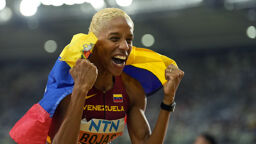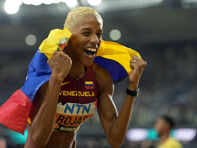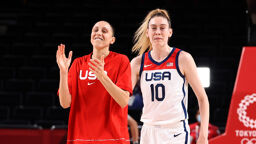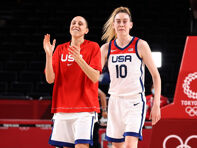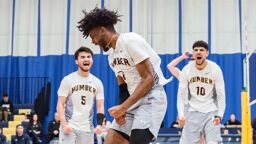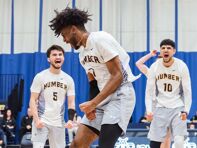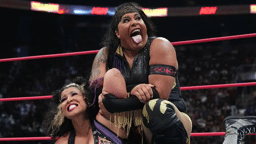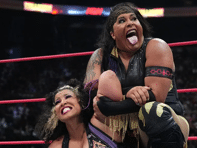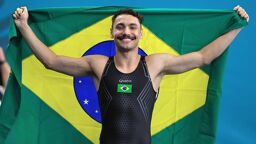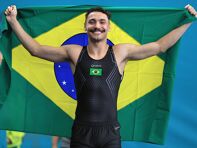Brian "Bru" Amerlynck said it was not brave of him to come out in Irish rugby but that it was important of him to counteract comments by a former player who said the sport was "too manly" for gay people, who were better served being hairdressers or ballet dancers.
Amerlynck was just called up to the senior team of the Suttonians, a Dublin squad, where he gets to play with his brother Michael. Brian Amerlynck had played with the gay Sydney Convicts team before moving back to Ireland. In March, former Irish rugger Neil Francis apologized for his hairdresser comments.
"If you ask someone to describe a gay person . . . they might say somebody who may work in a certain type of job as Neil Francis did when he said hairdresser . . . someone who is not interested in sport. You stereotype them. He can only talk about his own experience and I don’t think he meant badness. You have that because you have that jock culture," Amerlynck told the Irish Times. …
"The saddest thing was that if Franno [Francis] had said those comments when I was 15 or 16-years-old I would have been absolutely devastated and it would have made me question my involvement in sport, questioned my involvement in rugby. Maybe I shouldn't be involved in rugby. Maybe I shouldn't be involved in sport."
Like way too many gay people struggling with their sexuality, Amerlynck as a teen once wrote a suicide note and was about to jump off a pier when he was stopped by a bartender to whom he gave the note. Older and more comfortable with himself, he said his best friends are his teammates and discussed the role language plays in the locker room culture.
"And the term faggot and queer . . . they’re using derogatory terms and insults, not in a malicious way. They are throw-away comments heard in the play ground, secondary school, right up the changing room.
"No one chooses to be gay. You can’t change yourself. It would be nice to think words like faggot, homo, queer would be viewed by society as just as offensive as the nigger word."
Since coming out, Amerlynck said "I don't think people now would say ‘fuck off you queer'. I don't hear those terms now." This is a universal theme we hear from gay athletes and Amerlynck's experience show how coming out for athletes follows a very familiar trajectory of fear and isolation leading to acceptance and a feeling of belonging.









